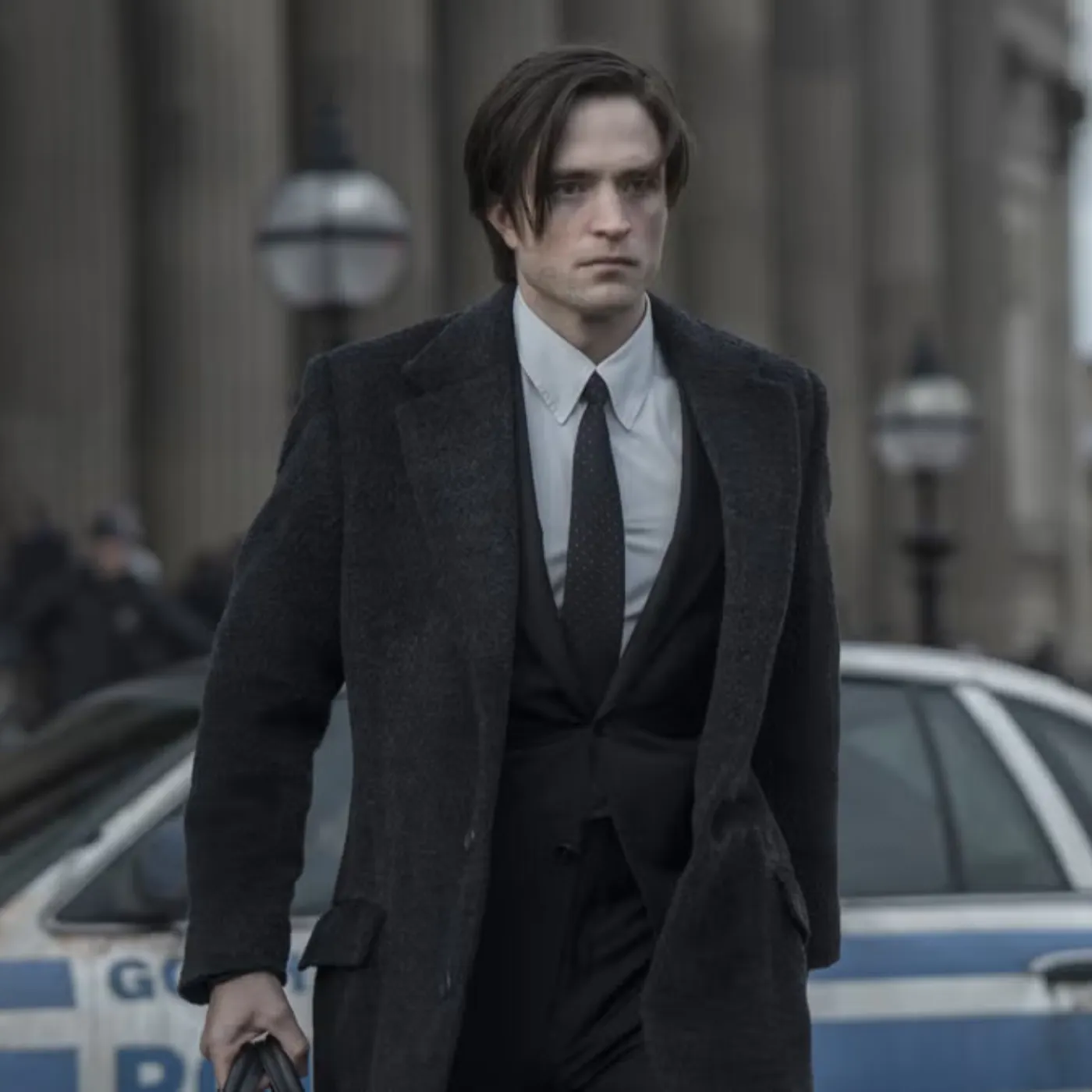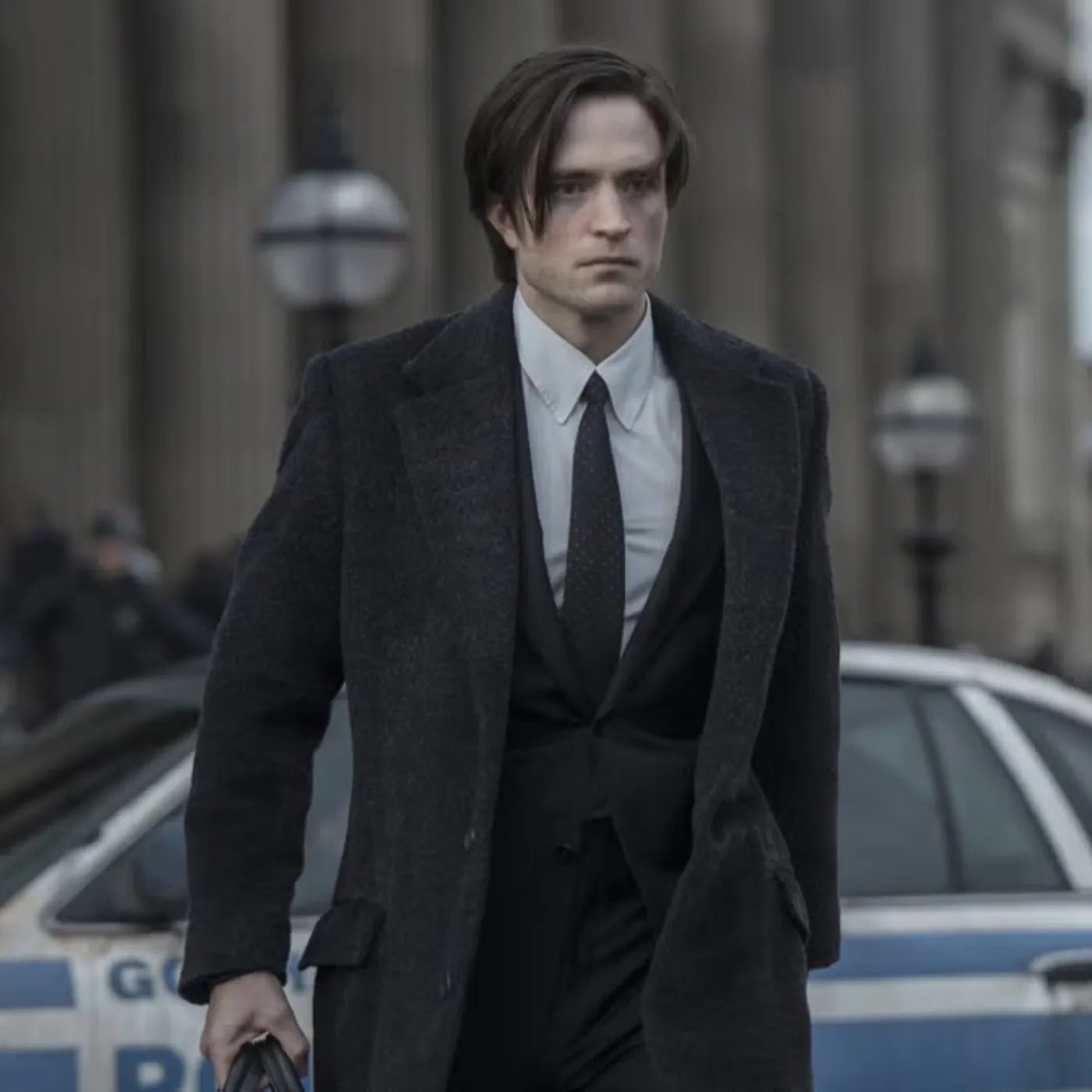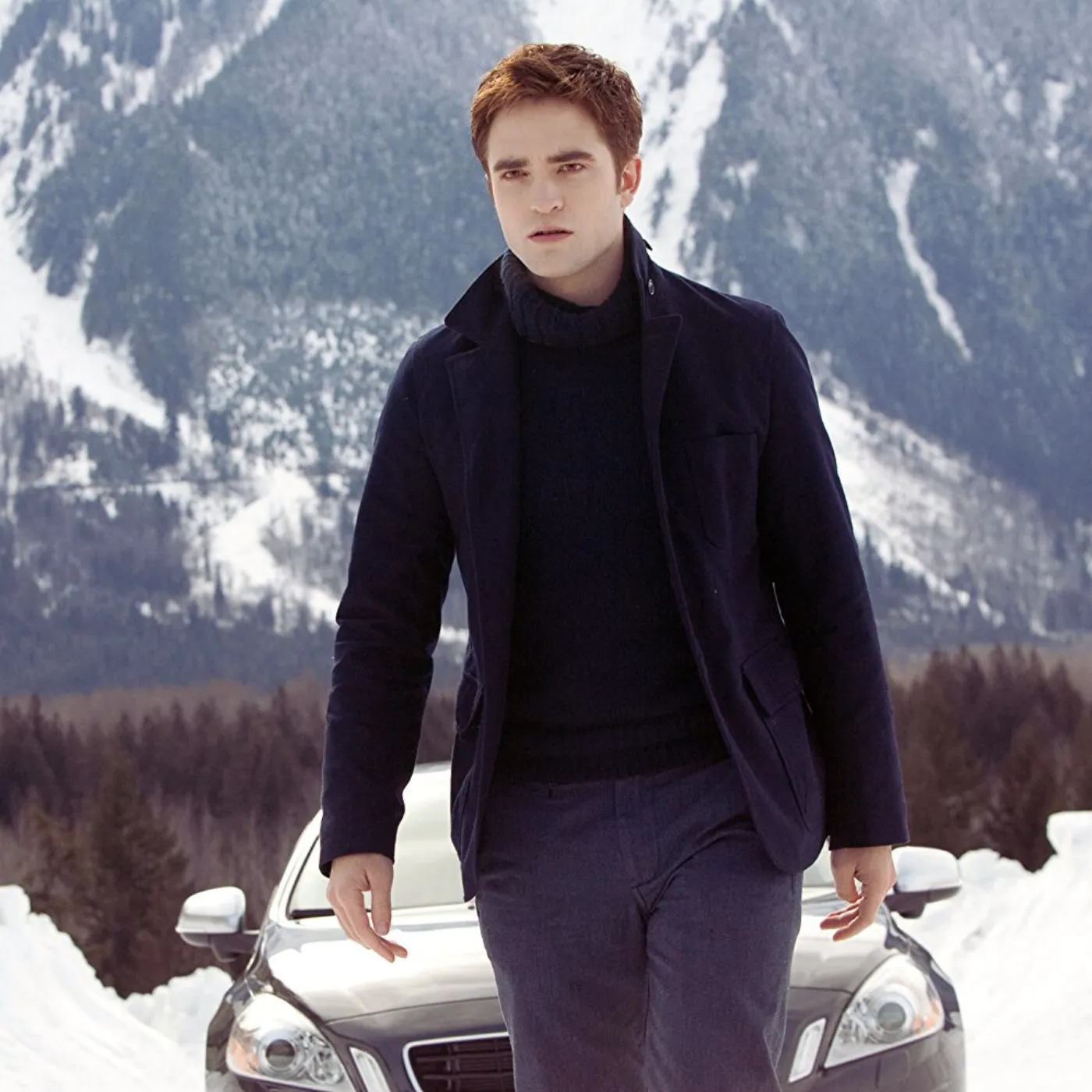

From Hogwarts to Gotham: The Untold Evolution of Robert Pattinson
In an industry that recycles faces and fades talent faster than a trending TikTok sound, Robert Pattinson has somehow carved out one of the most unpredictable, chaotic, and compelling careers in modern cinema. From casting spells at Hogwarts to sparkling as a centuries-old vampire and now brooding behind the mask as The Batman, Pattinson’s path has never been straight—and that’s exactly why the world can’t stop watching.

What began as a supporting role in Harry Potter and the Goblet of Fire quickly spiraled into global mania with Twilight, where Pattinson became a reluctant heartthrob. But those expecting him to ride the teen-dream wave into Hollywood’s safe zone were in for a surprise. He rejected typecasting before it even caught him. Instead of chasing more blockbusters, Pattinson made a hard left—into chaos.
The Post-Twilight Pivot: Risk Over Comfort
While most stars would’ve capitalized on post-franchise fame, Pattinson dove headfirst into the indie underground. Collaborating with auteurs like David Cronenberg (Cosmopolis), Claire Denis (High Life), and the Safdie Brothers (Good Time), Pattinson began dismantling his own image. He went from cover boy to cinema’s most unpredictable force. The choices were bold, confusing, even career-threatening—but ultimately genius.
Audiences stopped seeing Edward Cullen. They started seeing an actor with range, grit, and no interest in approval. He burned the rulebook—and then rewrote it in his own handwriting.
The Batman Bet That Changed the Game
When news broke that Pattinson would be donning the cape and cowl for Matt Reeves’ The Batman, it split the internet. Skeptics couldn’t picture the pale-faced vampire as Gotham’s darkest protector. But then came the trailer—moody, violent, and drenched in despair—and just like that, the tone shifted.
Pattinson’s performance wasn’t just gritty—it was feral. Critics praised his commitment. Fans embraced his awkward charm. He made Batman feel young, angry, and damaged again. Not a billionaire playboy. A boy broken by trauma, armor barely holding him together.
In less than a decade, Pattinson went from box-office afterthought to blockbuster gold—and he didn’t play by anyone’s rules to do it.
Fashion Icon, Reluctant Celebrity
While his filmography took sharp, unpredictable turns, his influence off-screen became just as potent. Pattinson’s ambassadorship with Dior wasn’t your typical fragrance deal—it was a statement. Blending avant-garde edge with classic elegance, he helped reshape what masculinity looks like in luxury branding.
Still, he refuses to fully “belong” anywhere. At red carpets, he’s chaotic, disheveled, sometimes in velvet, sometimes in dad sneakers. Interviews are even worse (or better): he’ll talk about microwaving pasta in a tin foil dome or pitch absurd superhero ideas with deadpan seriousness. It’s not a performance. He’s just wired differently. And somehow, that’s part of the magic.

The Indie Era Wasn’t a Detour. It Was the Blueprint.
What critics failed to understand during Pattinson’s post-Twilight detour was that he wasn’t lost. He was building. Every arthouse flick, every risky role—it all led somewhere. It led to The Lighthouse, where he went toe-to-toe with Willem Dafoe and stole the movie. It led to Tenet, where Christopher Nolan trusted him to carry emotional weight in a film filled with temporal explosions.
Now, studios fight to put his name on posters. And directors know he’ll show up to work, throw himself into the deep end, and drag the audience there with him.
Denzel, Heists, and High Stakes: What’s Next?
In 2025, Robert Pattinson will star alongside Academy Award winner Denzel Washington and Daisy Edgar-Jones in ‘Here Comes the Flood,’ an unconventional heist thriller with a twisty plot full of cons, betrayals, and moral ambiguity. The streaming giant is reportedly investing $35 million just for Denzel—but make no mistake, the emotional center of the film is Pattinson.
Insiders say his character plays both sides in a game of deception where no one’s motives are pure. It’s the kind of morally grey role that Pattinson thrives in. And once again, audiences are about to be reminded that he’s not here to play it safe.
The Social Media Echo Chamber: Love, Hate, and Obsession
Online, Robert Pattinson has morphed into something far beyond a celebrity. He’s become a digital myth, a walking contradiction, a meme, and a masterclass in how to manipulate the internet by not trying at all. His unpredictability has become his brand, his silence a kind of performance art. On Twitter, stans idolize his every move like gospel. On Reddit, deep dives examine his smirks, shrugs, and pauses like sacred texts. On Facebook, chaotic reels of his deadpan interviews explode with millions of plays, each comment section more unhinged than the last.
He’s awkward, unfiltered, and erratic—exactly what social media algorithms crave. In a sea of airbrushed stars and overmanaged personas, Pattinson’s discomfort is refreshing, almost weaponized. He doesn’t play the game. He hijacks it.
There’s something unsettling about how many identities he’s juggled online. To some, he’s still “that Twilight guy”—a sparkling vampire they loved or hated in high school. To others, he’s a Dior-clad surrealist, mumbling cryptic sentences in arthouse films. And to a growing cult of cinephiles, he’s the modern heir to Daniel Day-Lewis, a shapeshifter with zero vanity, no social polish, and complete narrative control.
What makes this even more fascinating is his total indifference. Pattinson has built an entire digital cult without trying to lead it. He doesn’t tweet. He doesn’t overshare. He doesn’t even campaign for attention. In an attention economy, that’s power.
But make no mistake—he owns the timeline.
Why Hollywood Needs Robert Pattinson More Than Ever
In a landscape dominated by IP fatigue, algorithm-driven content, and endless reboots, Robert Pattinson is the rare A-lister who still causes friction. He brings tension to an industry that increasingly favors clarity, consistency, and clickability. He refuses to be decoded, and that refusal is his relevance.
He doesn’t chase “likability.” He chooses roles that flirt with failure—often on purpose. From portraying a corrupt preacher in The Devil All the Time to an emotionally frayed astronaut in High Life to his career-defining turn as an unstable billionaire in Cosmopolis, Pattinson doesn’t just act—he destabilizes.
And that’s exactly what Hollywood needs right now: someone to break the algorithm.
The rise of Pattinson isn’t just about his arc from teen idol to respected actor. It’s about his ability to stay dangerous in an ecosystem built to neutralize individuality. While other stars depend on franchises or Marvel universes, Pattinson pivots without warning. His path is messy. Illogical. But he owns it.
And somehow, that makes him one of the most important actors of this generation.

Because in an industry built on repetition, Robert Pattinson is still capable of surprise. He didn’t just survive the Hollywood machine—he cracked it open, took what he wanted, and walked out the side door without telling anyone where he was going next.
He doesn’t chase the spotlight. He bends it.
And for now, we’re all still watching—scrolling, speculating, obsessing—waiting to see what version of Pattinson shows up next. Maybe that’s the final trick: he’s not a celebrity, he’s a mirror. One that reflects our chaos back at us.


















